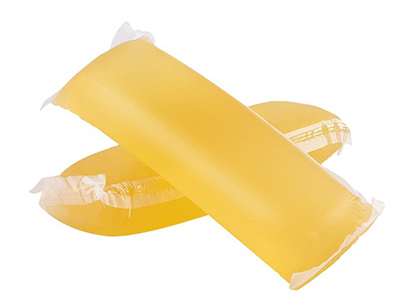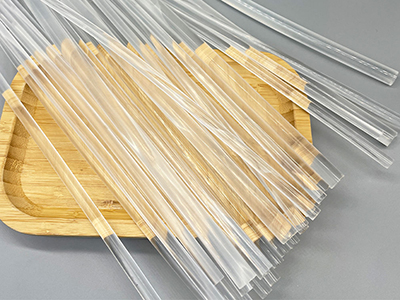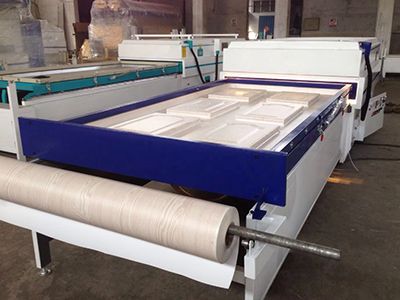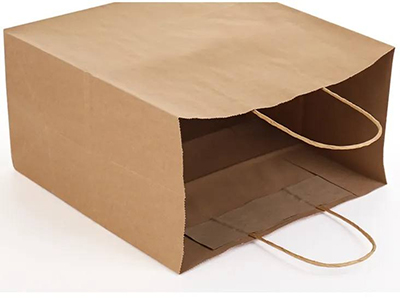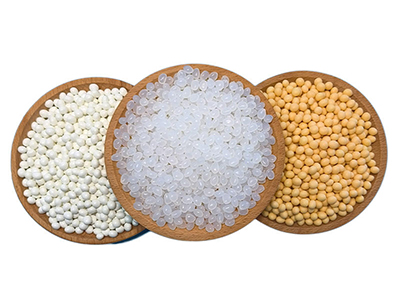Is Pressure Sensitive Adhesive Permanent? A Detailed Examination
Pressure sensitive adhesives (PSAs) are widely used in various industries due to their ease of application and versatility. From labels and tapes to medical applications and automotive parts, PSAs play a crucial role. One common question that arises is whether pressure sensitive adhesives are permanent. This article will delve into the nature of PSAs, their permanency, and factors that influence their adhesive properties.
Understanding Pressure Sensitive Adhesives
Pressure sensitive adhesives are a type of non-reactive adhesive that forms a bond when pressure is applied to marry the adhesive with the adherend. These adhesives do not require water, solvent, or heat activation. PSAs are typically composed of viscoelastic materials that provide both viscous and elastic properties.
Types of Pressure Sensitive Adhesives
PSAs can be classified into several types based on their formulation and application:
- Rubber-Based PSAs: Known for their quick stick properties, rubber-based PSAs are used in tapes and labels. They provide strong initial adhesion but may not always offer long-term durability.
- Acrylic-Based PSAs: These adhesives offer excellent UV resistance, aging stability, and long-term adhesion. They are often used in outdoor applications where durability is crucial.
- Silicone-Based PSAs: With superior temperature and chemical resistance, silicone-based PSAs are used in high-performance applications such as medical devices and electronics.
Permanency of Pressure Sensitive Adhesives
The permanency of a pressure sensitive adhesive depends on several factors, including its formulation, the surface it is applied to, and the environmental conditions. Here are some key considerations:
Formulation
- Rubber-Based PSAs: These are typically not considered permanent due to their tendency to lose adhesion over time, especially when exposed to harsh conditions.
- Acrylic-Based PSAs: Often regarded as more permanent, acrylic-based PSAs provide strong, long-lasting bonds that can withstand environmental stresses.
- Silicone-Based PSAs: Known for their durability, silicone-based PSAs offer permanent adhesion in demanding environments.
Surface Compatibility
The surface to which the PSA is applied plays a significant role in its permanency. Smooth, clean, and non-porous surfaces tend to provide better adhesion. Textured or dirty surfaces can reduce the adhesive’s effectiveness and longevity.
Environmental Conditions
Exposure to factors such as temperature, humidity, UV light, and chemicals can affect the permanency of PSAs. For example, acrylic-based PSAs perform well under UV exposure, making them suitable for outdoor use.
Applications and Examples
- Industrial Applications: In the automotive industry, PSAs are used for bonding trim and emblems. Acrylic-based PSAs are often preferred for their permanence.
- Medical Applications: Silicone-based PSAs are used for medical tapes and bandages due to their biocompatibility and durable adhesion.
- Consumer Goods: In household items such as tapes and labels, rubber-based PSAs are common for their initial tackiness, although they may not be permanent.
Conclusion
So, is pressure sensitive adhesive permanent? The answer is both yes and no, depending on the type of PSA, the surface it is applied to, and the environmental conditions. Acrylic-based and silicone-based PSAs are generally considered more permanent compared to rubber-based PSAs. Understanding the specific requirements of your application will help you choose the right type of PSA to ensure the desired level of permanence.
By considering the factors mentioned above, you can make informed decisions about using pressure sensitive adhesives in your projects, ensuring optimal performance and longevity.
For more information on PSAs and their applications, consult with adhesive manufacturers or industry experts who can provide tailored advice based on your specific needs.
By addressing these points, this article aims to provide a comprehensive understanding of the permanency of pressure sensitive adhesives, helping you make informed choices for your adhesive requirements.


